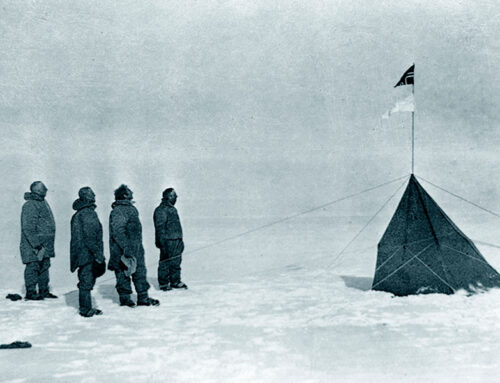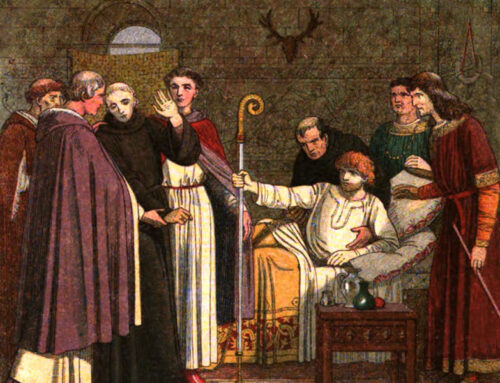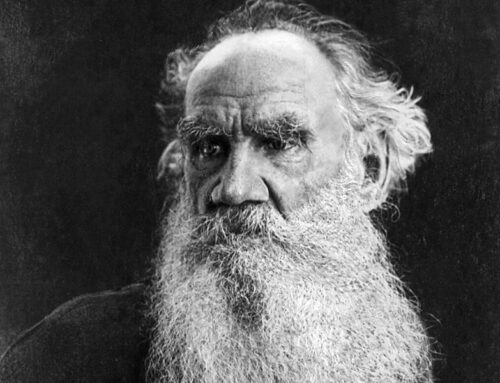

“Do you see a man who is wise in his own eyes? There is more hope for a fool than for him.” —Proverbs 26:12
The Births of Abraham Lincoln and Charles Darwin, February 12, 1809
![]() n an unusual Providence, Abraham Lincoln, who redefined the political philosophy of the Founders to create a unitary state and set the Republic on a new national trajectory, was born on the same day and year as Charles Darwin. Darwin’s biological theories eventually popularized a materialist world view through his speculations about evolutionary biology, which appeared to have the sanction of scientific verification. The theory’s devotees attempted to overthrow the Biblical account of creation, man, sin, and redemption. The intellectual and historical forces set in motion by these two unrelated characters changed the world. At the end of 1859 Darwin published On the Origin of the Species and, almost a year later, Lincoln was elected President of the United States, soon to be disunited states.
n an unusual Providence, Abraham Lincoln, who redefined the political philosophy of the Founders to create a unitary state and set the Republic on a new national trajectory, was born on the same day and year as Charles Darwin. Darwin’s biological theories eventually popularized a materialist world view through his speculations about evolutionary biology, which appeared to have the sanction of scientific verification. The theory’s devotees attempted to overthrow the Biblical account of creation, man, sin, and redemption. The intellectual and historical forces set in motion by these two unrelated characters changed the world. At the end of 1859 Darwin published On the Origin of the Species and, almost a year later, Lincoln was elected President of the United States, soon to be disunited states.
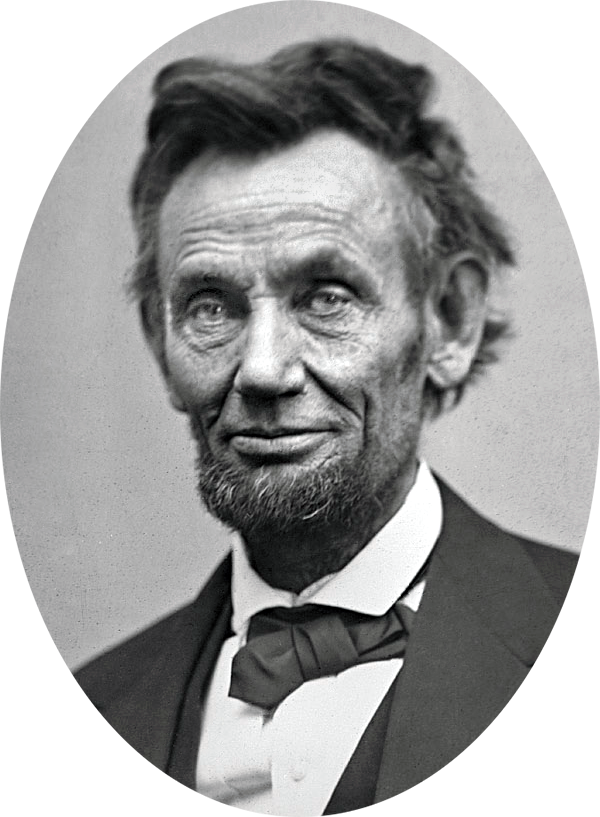
Abraham Lincoln (1809-1865)
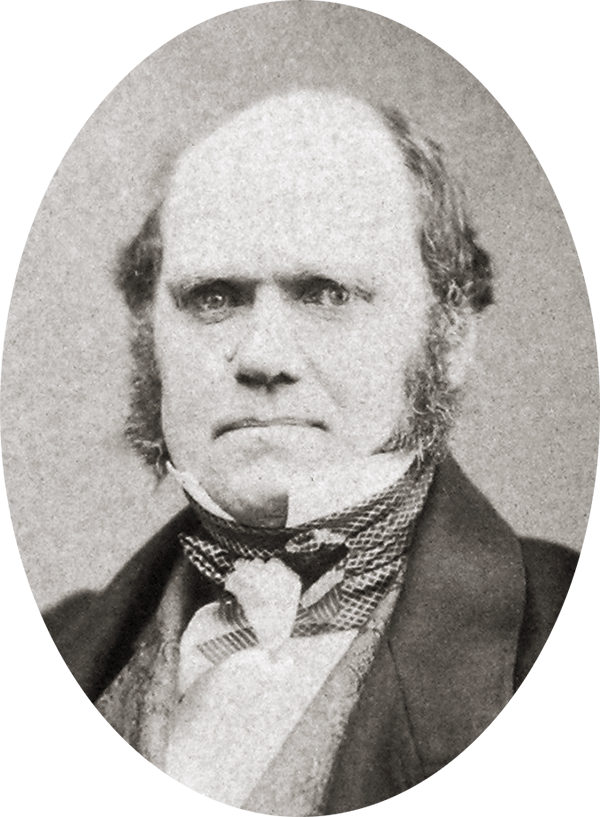 Charles Darwin (1809-1882)
Charles Darwin (1809-1882)
The two theories, one biological, the other political, both had their genesis many years before they became popular, under the skillful stewardship of their respective pedagogues. In the case of Darwin, the groundwork was laid by his own grandfather, among a few others. Erasmus Darwin expressed his biological evolutionary ideas in the context of his study of plants. A man of genius but not probity, Darwin forwarded the ideas of Charles Linaeus, an earlier scientist who announced that man was just another animal, and speculated about evolution of species. Erasmus’s grandson, Charles Darwin, after a five-year expedition to the Galápagos Islands as a “naturalist,” wrote the book that launched the ideas of “survival of the fittest” and that new species emerge from the natural struggle for survival. In order for those changes to take place required millions of years, thus the automatic rejection of the Genesis account as “scientifically viable.” Natural selection was his explanation of the internal natural mechanism for evolutionary change, thus no appeal to supernatural creation was necessary.
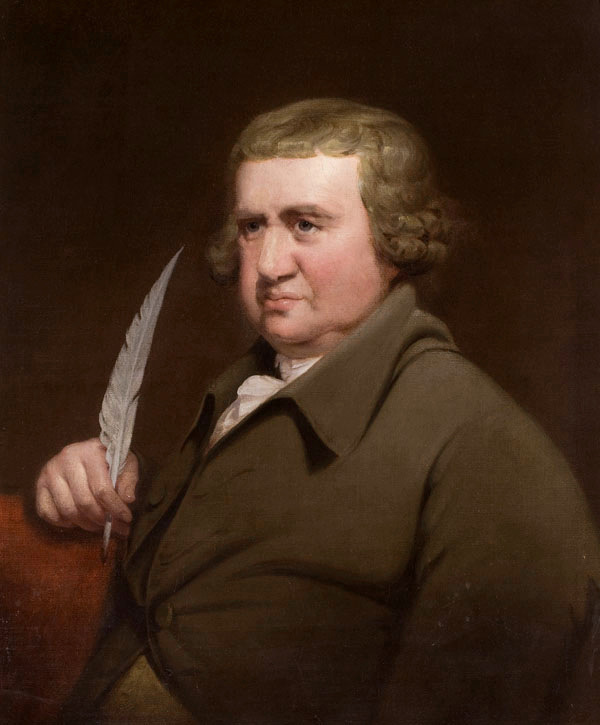
Erasmus Darwin (1731-1802) grandfather of Charles
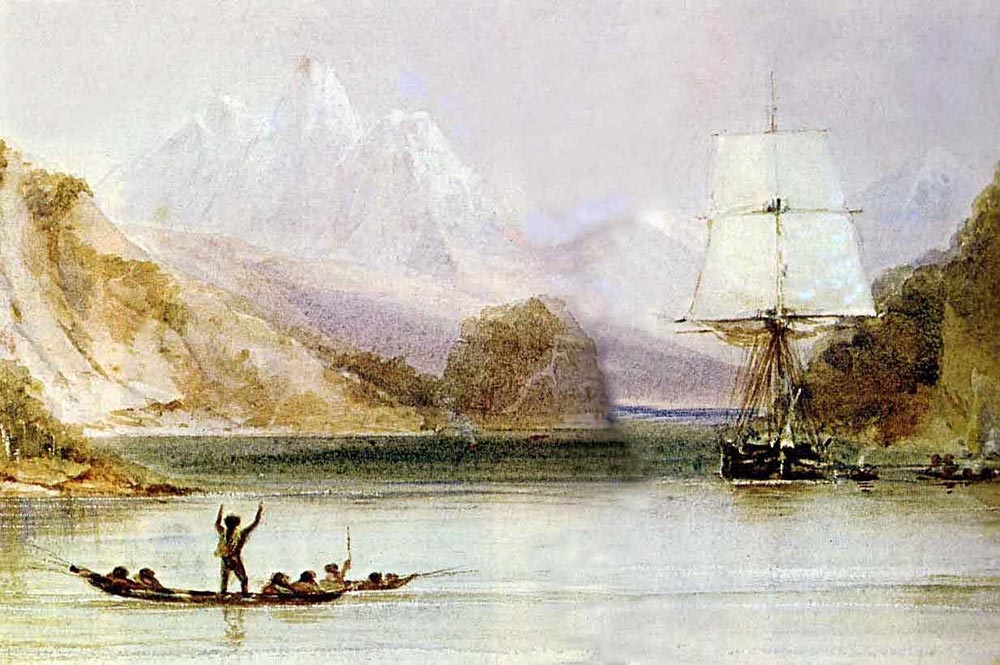
Charles Darwin on the HMS Beagle surveying the coasts of South America
Very few natural scientists accepted Darwin’s thesis at first. In fact, a significant aspect of the controversies over evolution was the adaptation of the biological theory to social science, within a decade of Darwin’s publication. Darwin’s explanation of natural change “formed a virtual orthodoxy among anthropologists, sociologists, and to a lesser extent, philosophers.” Darwin’s theories had “removed the need for any appeals to religious factors, especially when human beings are seen as products of nature.” In the war of worldviews, Darwin would carry all before him before the end of the century. Although his theories have been debunked and destroyed since his day, they remain the orthodox touchstone for most “scientists,” and continue as the presuppositions in many academic disciplines, including history.
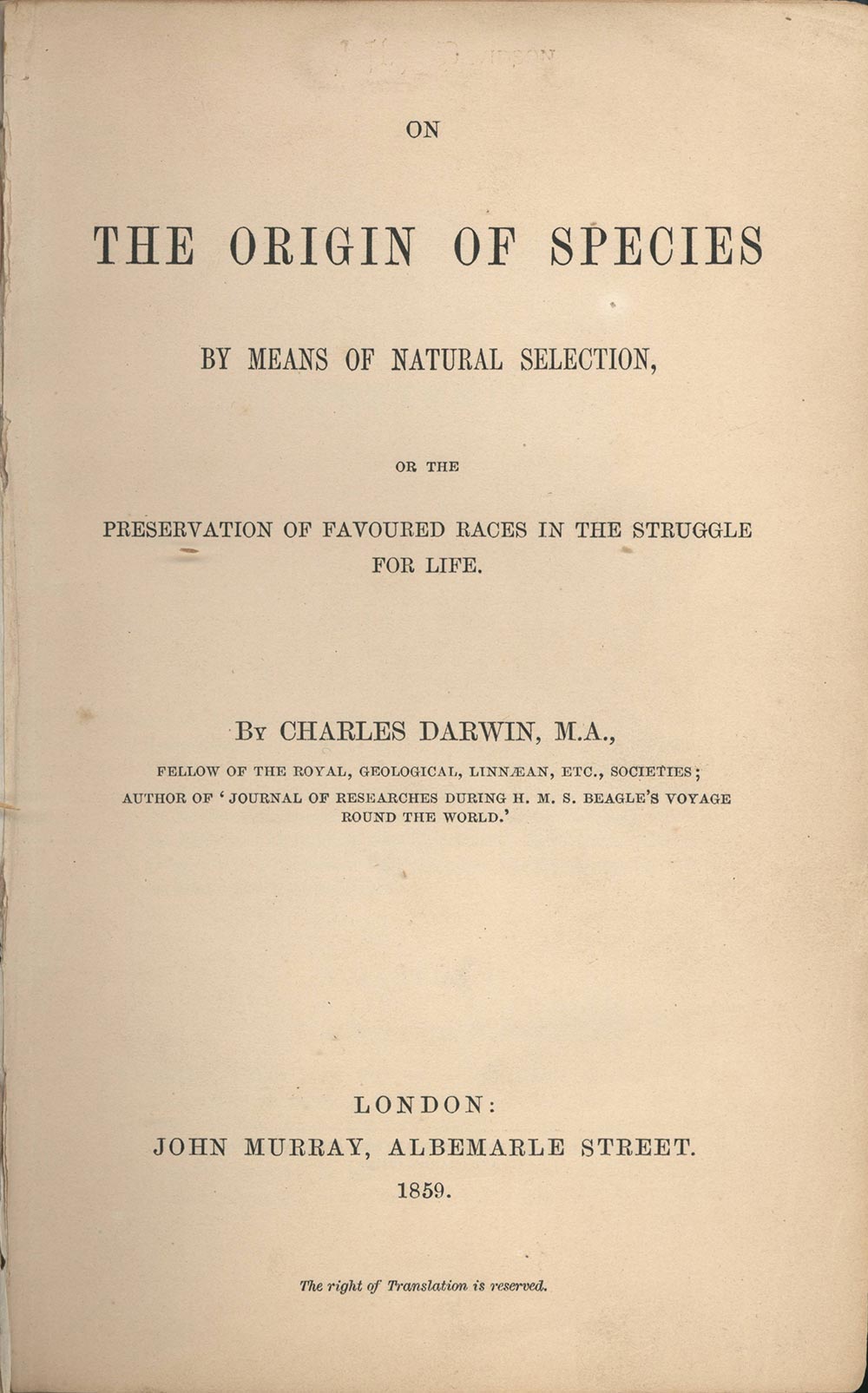
Title page of Darwin’s 1859 On the Origin of Species by Means of Natural Selection, or the Preservation of Favoured Races in the Struggle for Life
Abraham Lincoln defined the triumph of the ideas that had shaped the thinking of Alexander Hamilton about the nature of the Union and the power of the Presidency, and fulfilled the goals of Henry Clay, the leader of the Whig Party in mid-19th-century America. The Founding Fathers had built into the Constitution the sovereignty of the states, strictly defining and circumscribing the powers of the Union government that they had voluntarily formed, and empowered the states to protect liberty, especially in the 10th Amendment. That formulation of the Federal government underwent a number of challenges throughout the 19th century, but always as a minority political movement. President Andrew Jackson galvanized political opposition against himself, and his opponents coalesced around Henry Clay of Kentucky and his “American System.” Seeking to aggrandize the revenues of the central government through high tariffs, he envisioned using the expanded powers and larger budgets to protect New England industries from foreign competition and bind the country together with federally funded “infrastructure” projects like roads, bridges, canals, and railroads. The opportunity to effect that plan fell to Clay’s disciple Abraham Lincoln in 1860.
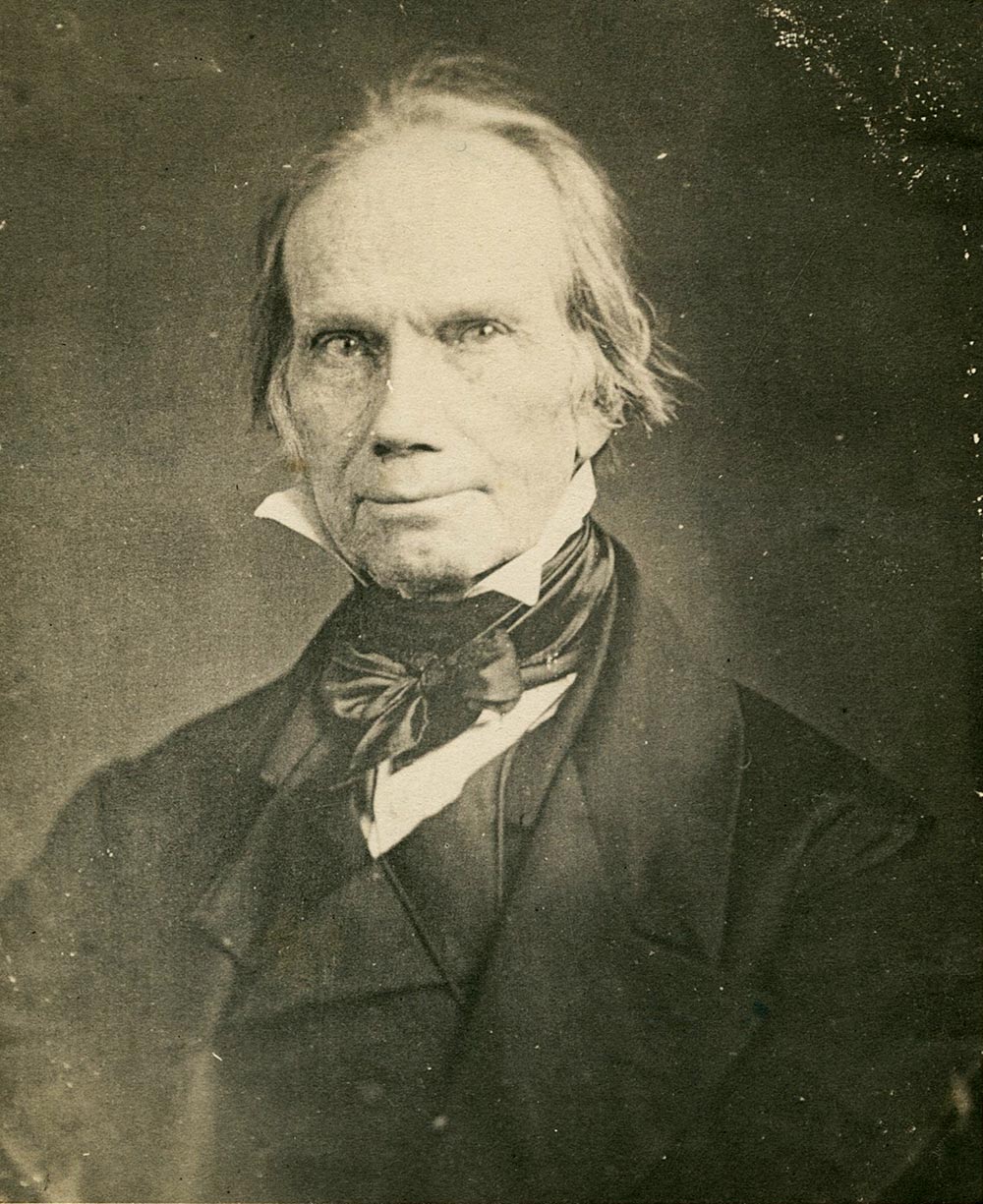
Henry Clay (1777-1852)
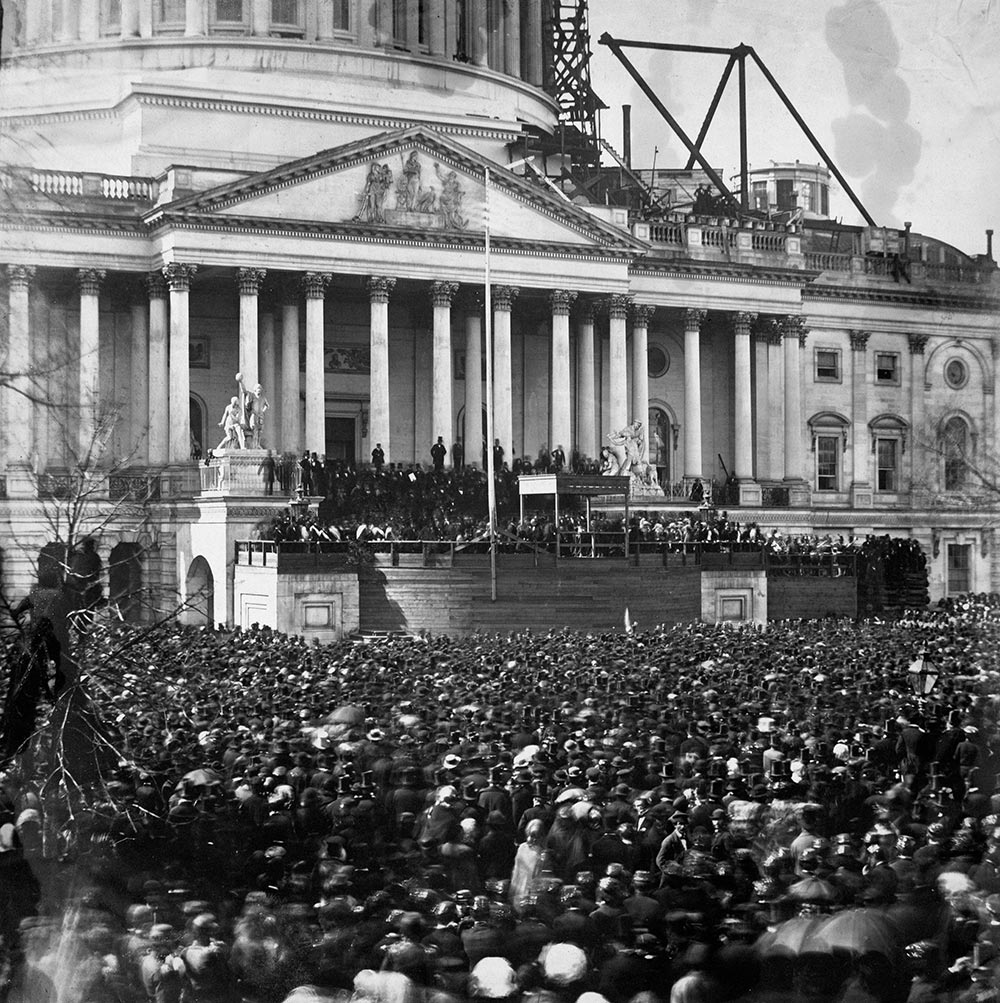
Lincoln’ inauguration in 1861 at the Capitol building, then still under construction
Upon Lincoln’s election, seven Deep South states seceded from the Union, a right assumed throughout the century prior, by a number of disaffected states, under the power vested in them by the 10th Amendment. In his first Inaugural address the new President “made it clear to the States that they were no more than institutional constituents of a true nation,” and stated that the Union was “perpetual.” In his Gettysburg Address, Lincoln announced a “new birth of freedom,” which many historians view as a “Second American Revolution,” that “necessitated a radically new understanding of the Constitution as ‘organic’” and thus an evolving instrument of social change. The Founders’ understanding of the Constitution as a guarantor of liberty and protection from Federal tyranny now meant that the national state was the true protector from states who would deprive the people of equality. The sanctity of Union trumped the priority of the States’ definition of liberty. Lincoln believed the Union was something that preceded the Constitution and thus created the states and not the other way around. The power of the central government would only grow greater over the next hundred and fifty years, until it has metastasized into the enormity that the central government has become, to the marginalizing of the states and the disappearance of liberty. No doubt both Darwin and Lincoln could not have foreseen the end results of the intellectual and practical forces they set in motion, but they are the ones looked up to today as the fathers of their respective social and political innovations.

Uncle Sam, a common personification of the United States Federal Government

Longer quotes on Darwin from Revolutions in Worldview, by Andrew Hoffecker, ed. Quotes on Lincoln are from Chronicles Magazine, book review by Jack Trotter, of Chaining Down Leviathan: The American Dream of Self-Government, January 2022.



